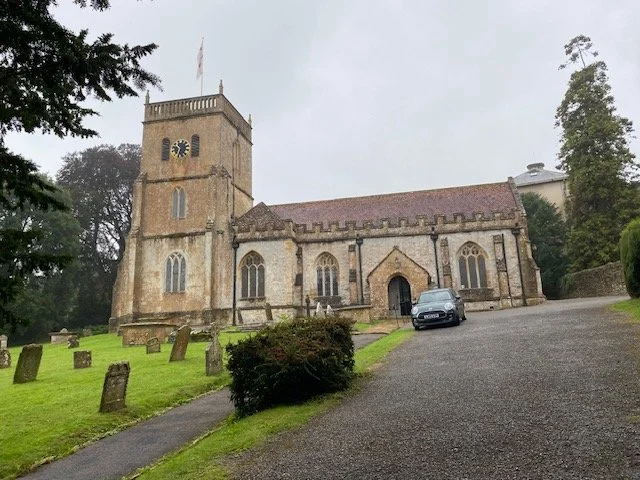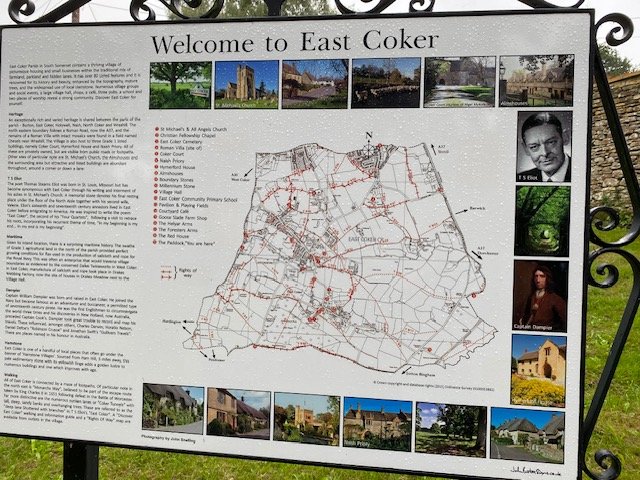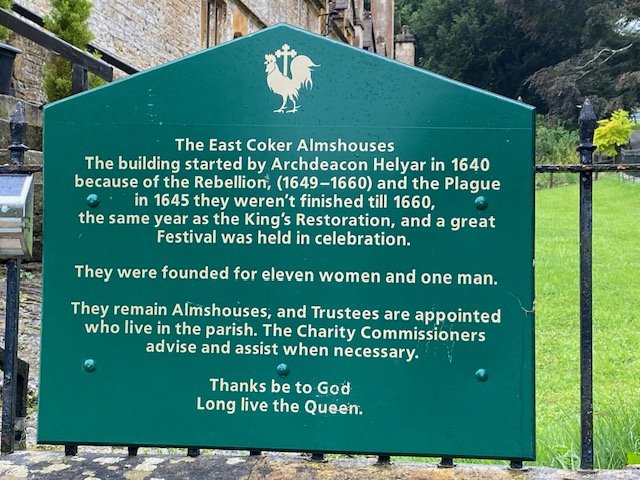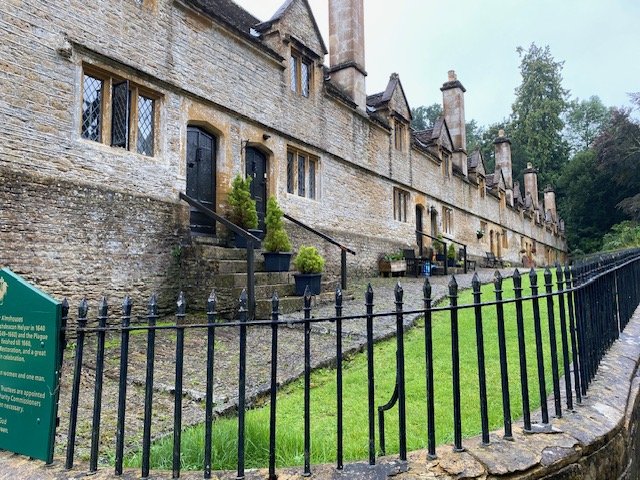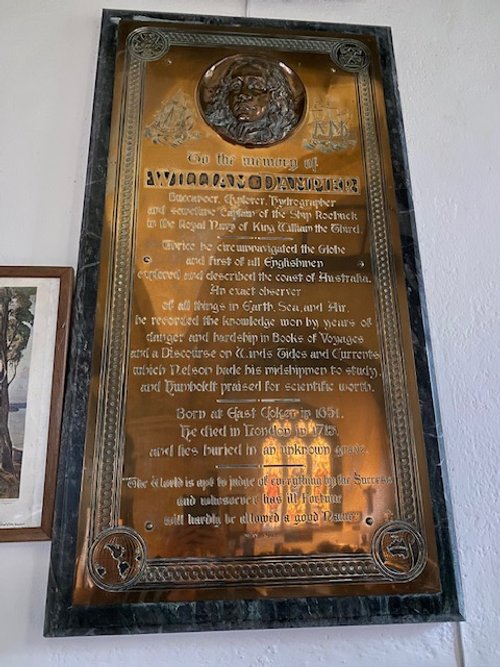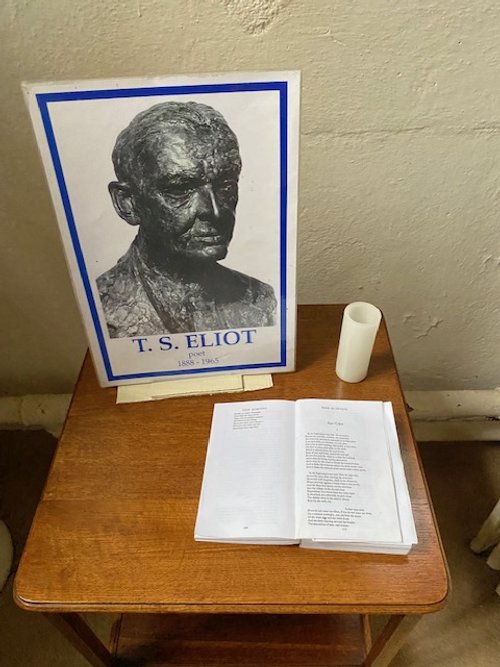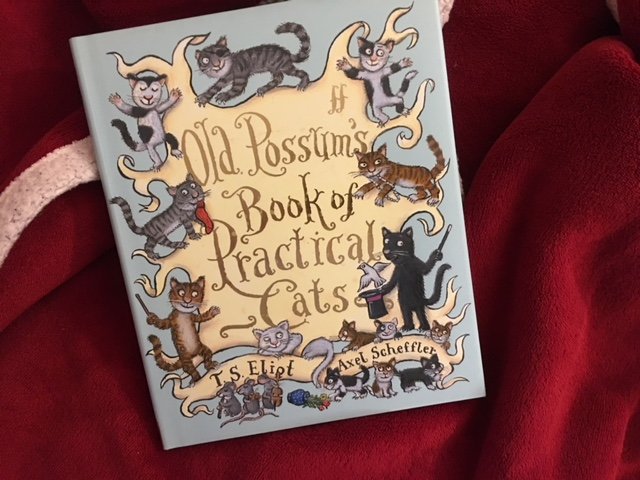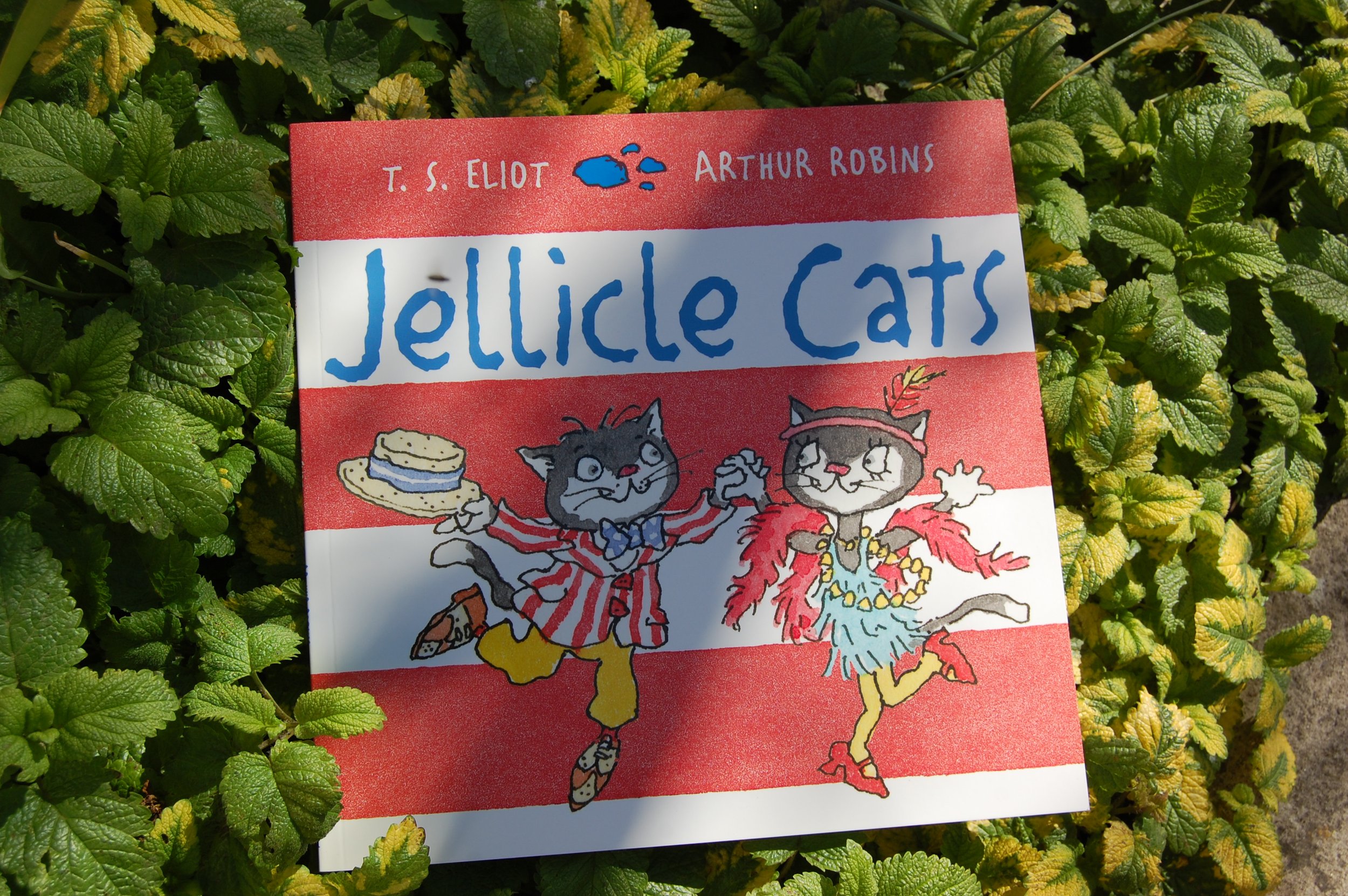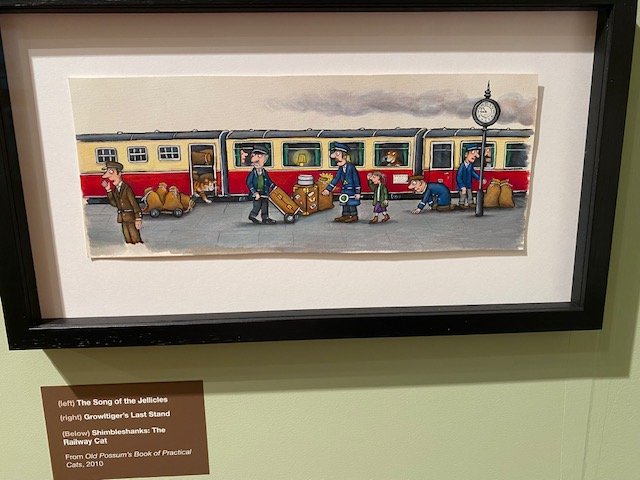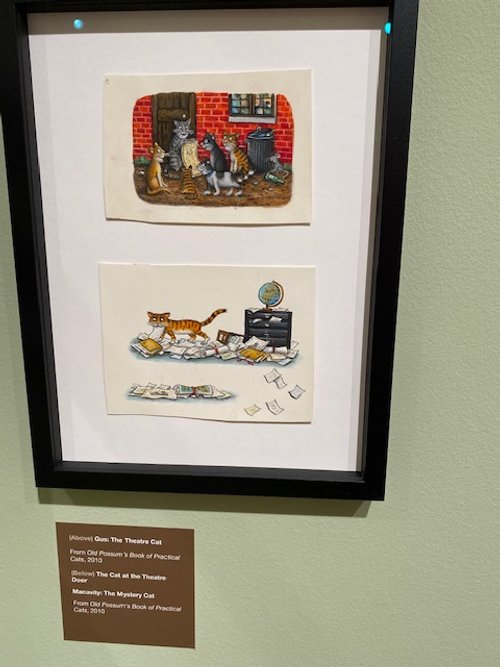East Coker
In my beginning is my end. In succession
Houses rise and fall, crumble, are extended,
Are removed, destroyed, restored, or in their place
Is an open field, or a factory, or a by-pass.
East Coker is a lovely Somerset village, near to Yeovil. Roman remains were discovered here with mosaics being uncovered in 1753 and 1820. A hunting scene removed in 1820, was donated to the Museum of Somerset in 1851 where it can still be seen. The manor house, Coker Court, built by the Courtney family in the fifteenth and eighteenth centuries, still stands in grounds by the church. The Helyar Almshouses were erected between 1640 and 1660 by William Helyar Archdeacon of Barnstable, who lived at Coker Court.
William Dampier, English explorer, pirate, navigator, and naturalist, the first Englishman to explore parts of Australia and the first person to circumnavigate the world three times, was born in this village in 1651 and there is a memorial to him on the wall of the village church.
It is in St Michael’s Church that Thomas Stearns Eliot chose to have his ashes interred. Eliot's ancestors originated from East Coker before emigrating to America in the 17th century and East Coker is the title of the second of the poems which make up ‘The Four Quartets’, the others being ‘Burnt Norton’, ‘The Dry Salvages’ and ‘Little Gidding’. His memorial includes the first -In my beginning is my end- and last- In my end is my beginning- lines of this work.
I much prefer ‘The Love Song of J Alfred Prufrock’ which begins…
Let us go then, you and I,
When the evening is spread out against the sky
Like a patient etherized upon a table;
Let us go, through certain half-deserted streets,
The muttering retreats
Of restless nights in one-night cheap hotels
And sawdust restaurants with oyster-shells:
Streets that follow like a tedious argument
Of insidious intent
To lead you to an overwhelming question ...
Oh, do not ask, “What is it?”
Let us go and make our visit.
…but one of Eliot’s best known collections of work is Old Possum's Book of Practical Cats, used as the basis for Andrew Lloyd Webber’s musical, ‘Cats’.
A lovely edition of the poems has been illustrated by Axel Scheffler and I was lucky enough to see some of the original artwork for this at an exhibition of his work at the Museum of Somerset. The poems have also been illustrated by Arthur Robbins in a series of picture books like the one above.
